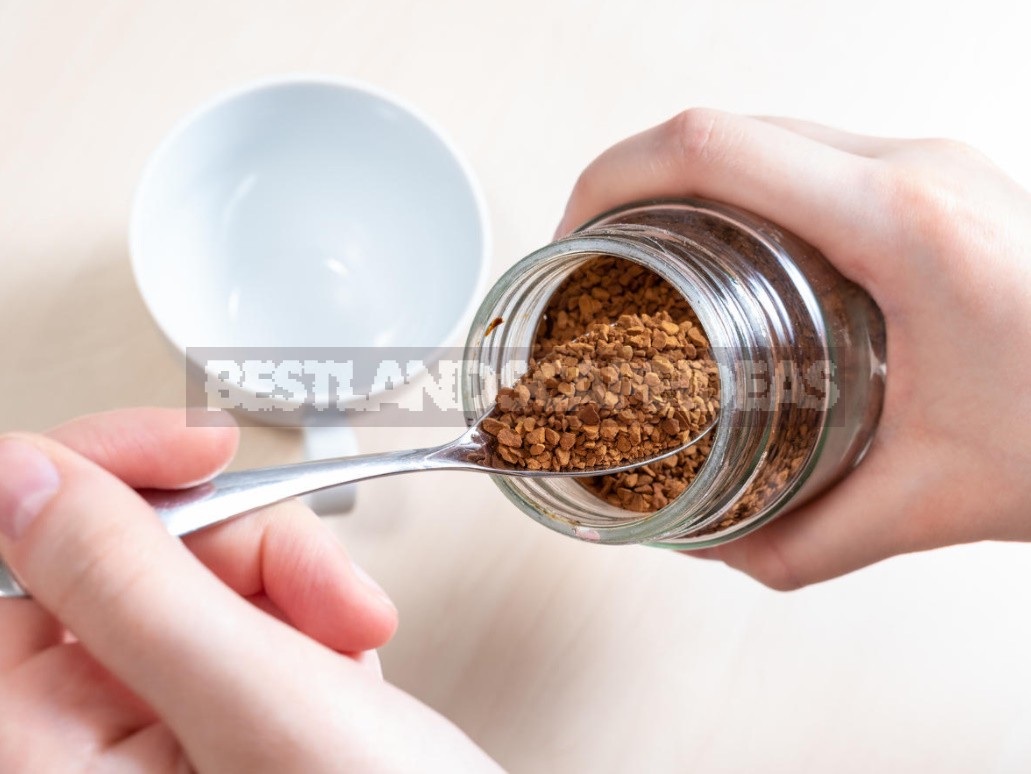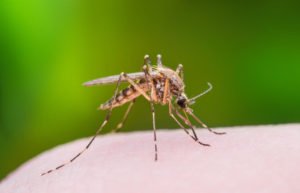
Does coffee contribute to cancer?
No. in 2016, coffee was officially “rehabilitated” and removed from the list of potential carcinogens by the world health organization. Previously, it was “accused” of contributing to cancer of the kidneys and bladder, prostate, colon, stomach, pancreas, ovaries, and breast. To date, these claims have been convincingly refuted.

Moreover, there are already studies confirming the exact opposite. So, now it is believed that drinking coffee reduces the risk of breast cancer and prostate cancer. It is hardly necessary to draw a conclusion from this about the need to drink coffee “for prevention”, but you can definitely not torment yourself with unfounded fears by drinking another Cup of your favorite drink.
Pregnant women can’t drink coffee?
20 or 30 years ago, this was a dogma. You can’t, period. So when 14 years ago I, pregnant with my youngest daughter, asked, looking with sad eyes at my doctor: “Doctor, can I have coffee?” – I didn’t even expect a positive answer. But contrary to expectations, I heard: “how do you live without coffee? And who told you not to?»
Then I was confused: well, how so, always forbidden! It turned out-so, but not quite… On the one hand, the stimulating substances contained in coffee can actually penetrate the placenta and affect the developing fetus, which in some cases can even lead to premature birth or intrauterine death of the unborn child. Other potential complications include increased fetal heart rate, anemia, and weight loss in the newborn.

But! All this is a consequence of the abuse of coffee (6-7 cups a day or more — in principle, not everyone can stand this dose!). What the doctor told me: “you can drink coffee, in Your case (I have a stable low blood pressure), you even need to. Abuse is not allowed, and 1 Cup a day will not cause any harm.”
Yes, many doctors still prefer to forbid pregnant women to drink coffee-regardless of the amount. And of course, you should not start using this drink during pregnancy, if before you did not drink it at all. Of course, if you have any doubts, complications, or concomitant diseases, you should definitely consult a doctor and make an adequate decision together. But in General, medicine in this matter is not as categorical as before.
Is coffee bad for your stomach?
Not quite right. Coffee stimulates the release of gastric juice, accelerates the process of digestion, activates intestinal motility. This effect is especially pronounced if you drink coffee on an empty stomach. It is not for nothing that coffee is traditionally a drink that completes a meal, but does not begin in any way, and even more so does not replace it. Naturally, if there is nothing in the stomach except coffee, the stomach mucosa will suffer. But does this mean that coffee is bad for the stomach? No, it is harmful to drink coffee incorrectly.

From these same properties follows the recommendation to avoid coffee for peptic ulcer of the stomach and duodenum, exacerbation of gastritis — there is no need to additionally injure something that is already seriously damaged. Reasonable consumption of coffee in adequate doses will not bring harm to a healthy stomach. Moreover, a number of studies confirm that this slightly reduces the frequency of constipation and significantly reduces the risk of liver disease, which is certainly good.
Some more facts about the benefits and harms of coffee
This topic is truly immense, and if you set out to find all the information about the possible benefits or harms of coffee, you will have to write a monumental work, which is not part of my plans. For myself, the main conclusion I have already made: moderate coffee consumption (1-2 cups a day) will not harm my health at all, and in some ways, it may even benefit. But it is impossible not to mention other facts that may be of interest to fans of this drink.
Coffee and cholesterol
Most researchers agree that the systematic use of coffee leads to an increase in cholesterol levels in the blood. This, in turn, increases the risk of heart disease. The critical dose is considered more than 2 cups of strong coffee a day, and those who suffer from atherosclerosis, it is advisable not to use it at all.

Coffee and calcium
This is not a well-known fact that women of Mature age should pay special attention to: it is known that during menopause, the body’s calcium metabolism is disrupted, which can lead to osteoporosis — a disease in which bones lose strength and become brittle. So, coffee can aggravate this process, so it is recommended to limit its use.
Coffee and headache
Many people know from experience that coffee (or rather, the caffeine contained in it) helps with headaches. However, you should not rush to the coffee pot every time you get a headache, because the connection here is quite complex and ambiguous. On the one hand, caffeine can actually relieve some types of headaches and increase the effect of analgesics, and on the other — it can cause headaches.

It is familiar to many coffee lovers who consume it regularly and in large quantities: if the body does not get the usual dose of caffeine, and it responds … correctly-with a headache! And it is removed only with a new portion of coffee. A vicious circle… Well, for those who suffer from migraines, this drink is recommended to be completely excluded from the diet: studies have confirmed the link between coffee consumption and migraine attacks.
Coffee and dehydration
It is known that this product has a pronounced diuretic effect. Drink coffee-do not forget to drink water to avoid dehydration and its many unpleasant consequences. By the way, coffee shops usually serve a glass of water along with a Cup of espresso — do not neglect it.
Natural and instant coffee
All that was discussed above refers to natural coffee-a drink made from roasted ground coffee beans. But most modern people use instant coffee (often scolding it for its taste, far from refined, and calling it “waste of coffee production”, still continue to drink). Therefore, it would probably be wrong not to say at least a few words about it.

The first thing to note: contrary to popular belief, instant coffee is prepared not from waste, but from full-fledged coffee beans by water extraction and subsequent processing of the resulting extract. Although high-quality raw materials are not always used for its production, this is true. But the problem is not so much in the raw materials as in the technology itself: as a result of all operations, the finished product loses not only a special coffee aroma and a significant part of the taste, but also many useful properties.
Technology is improving, and perhaps over time, scientists will find a way to produce instant coffee, in no way inferior to natural, but for now, if you want to get the most out of this ancient drink, it is better to prepare it as of old — from real ground coffee beans.
Do you like coffee?




Leave a Reply